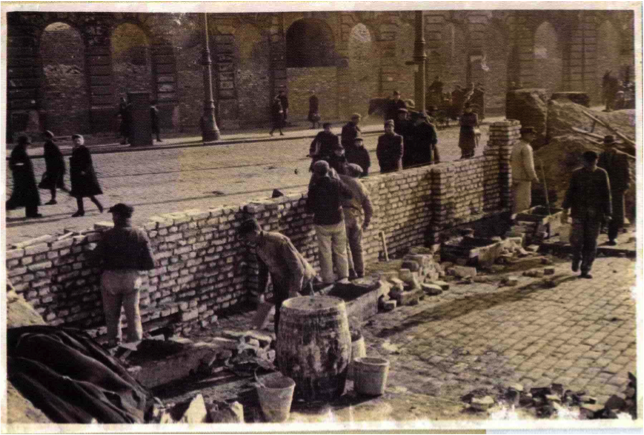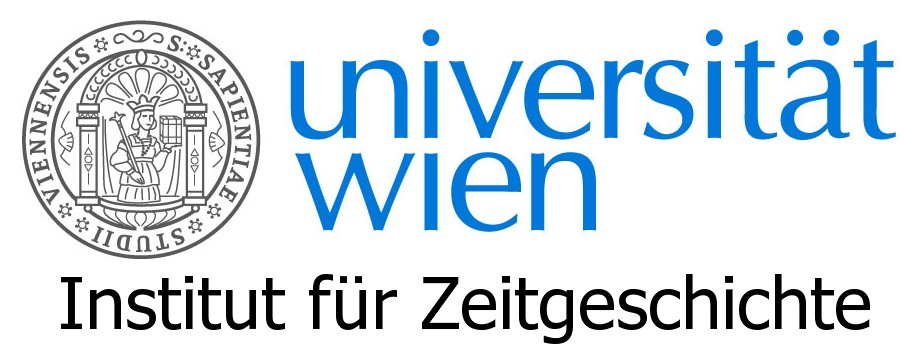VWI goes to ... / VWI invites ...
Der Kolloquienzyklus der VWI-Fellows
Die VWI-Fellows präsentieren Zwischenresultate ihrer Forschungsvorhaben im Rahmen von Kolloquien, die – im kleinen Rahmen angekündigt – auch einer akademisch und inhaltlich interessierten Öffentlichkeit zugänglich sind. Die Vorträge werden durch eine im jeweiligen Thema ausgewiesene Fachperson in Form einer Respondenz oder eines Kommentars begleitet und von den anderen Fellows und dem Publikum diskutiert.
Das Veranstaltungsformat VWI goes to … war ursprünglich aus akutem Raummangel geboren worden, konnte doch das Institut an seinem früheren Standort, am Desider-Friedmann-Platz nicht einmal eine kleine Veranstaltung organisieren. Allein aus dem Kontakt zu anderen akademischen Einrichtungen in Wien, zum Teil auch in der weiteren Region, ergab sich in der Folge – auch dank der jeweils eingeladenen Kommentatorinnen und Kommentatoren – wiederum die einzigartige Möglichkeit, die Fellows und die Forschungen des VWI mit anderen Institutionen, methodischen Ansätzen, Forschungsfragen und Ideen zu vernetzen, das Institut in den regionalen Forschungsraum noch mehr zu integrieren. Aus diesem Grund wurde entschieden, das Format auch am neuen Standort beizubehalten. Gleichzeitig eröffnete sich aber am Rabensteig auch die Gelegenheit, zu diesen Kolloquien Institutionen auch an das VWI einzuladen. Aus diesem Grund trägt ab Herbst 2016 das VWI-Kolloquium entsprechend alternierend auch die Bezeichnung VWI invites... .
| VWI invites/goes to... | |||
| Justyna Majewska: "I Don't Know When Exactly...", The Idea of Time: Understanding Present and Future in the Warsaw Ghetto | |||
Donnerstag, 4. April 2019, 12:00 - 14:00 Institut für Zeitgeschichte der Universität Wien, Seminarraum 2, Spitalgasse 2-4, 1090 Wien
|
|||
VWI goes to the University of Vienna
Using the sociological concepts of quantitative and qualitative time, the presentation will cover how Jews understood social time, 'colonised' the future, and perceived the past, present and future in the Warsaw Ghetto. Answers to question of time will be drawn from documents gathered already during the war by the Underground Archive of the Warsaw Ghetto (Ringelblum Archive). Justyna Majewska is a Junior Fellow at the Vienna Wiesenthal Institute for Holocaust Studies and a Ph.D. candidate at the Institute of Philosophy and Sociology at the Polish Academy of Sciences. She also works in the Research Department at the Jewish Historical Institute in Warsaw. She has published in Zagłada Żydów. Studia i materiały (Holocaust Studies and Materials) and East European Jewish Affairs. |
|||






 Justyna Majewska’s dissertation,
Justyna Majewska’s dissertation, 